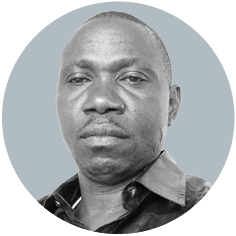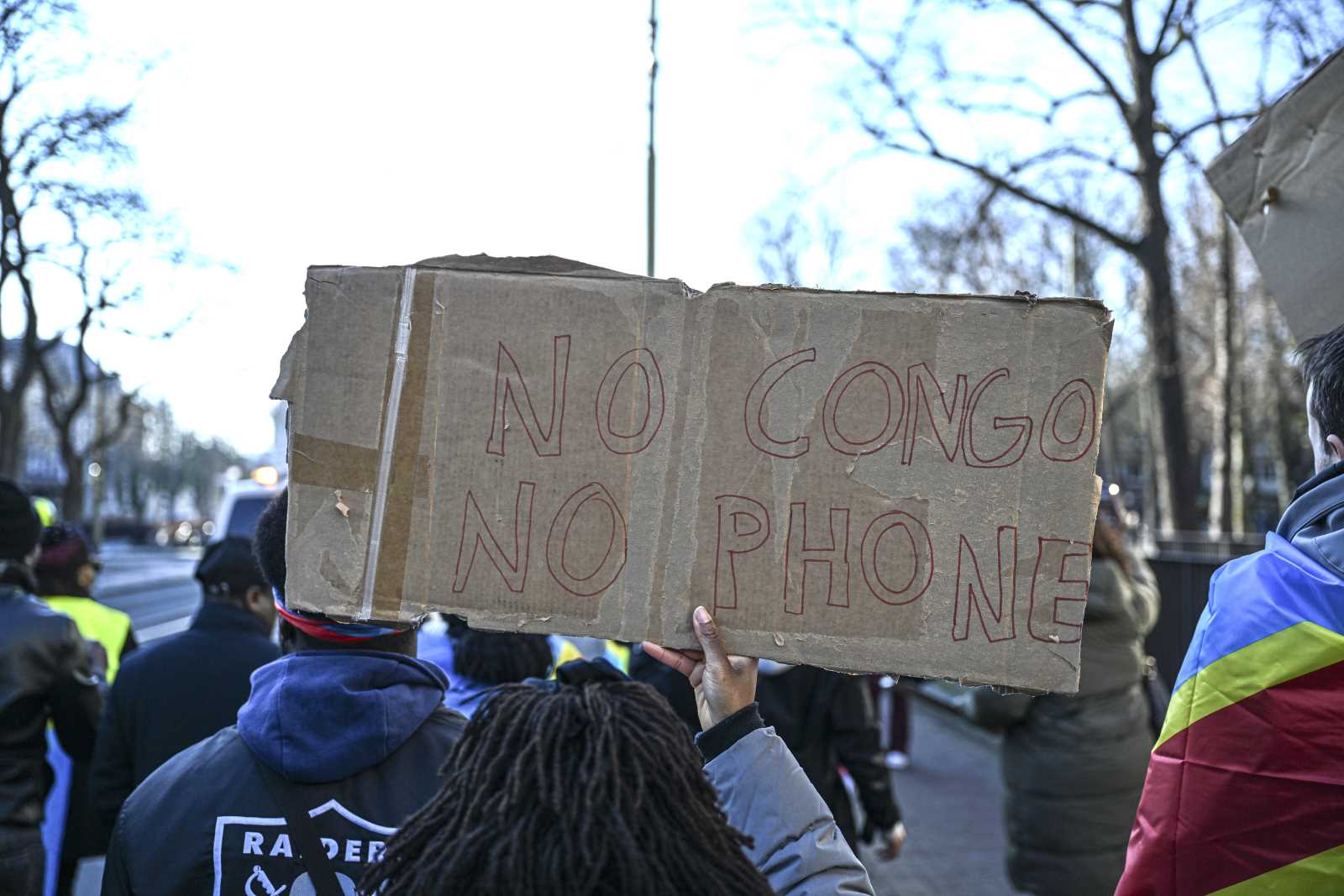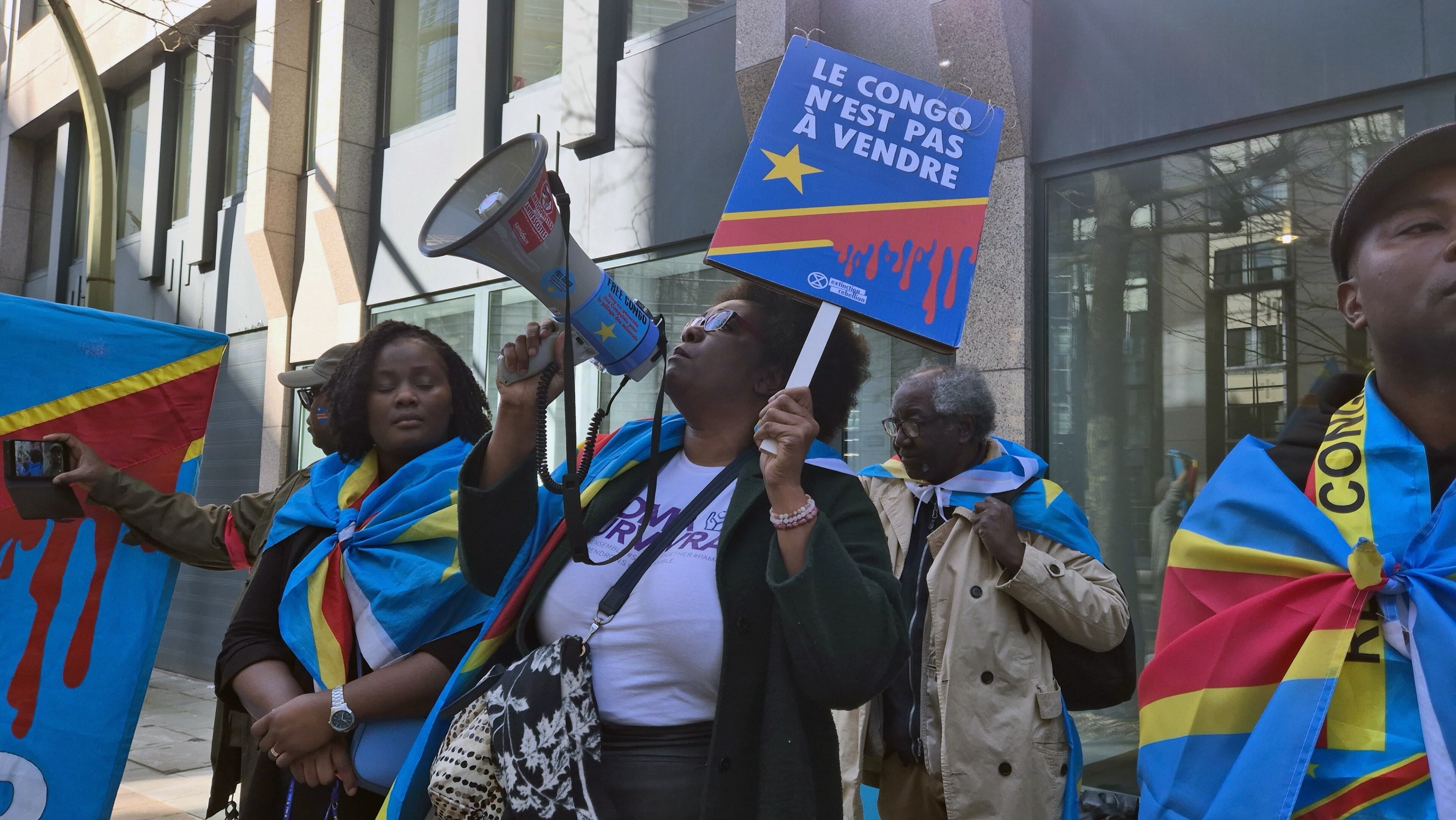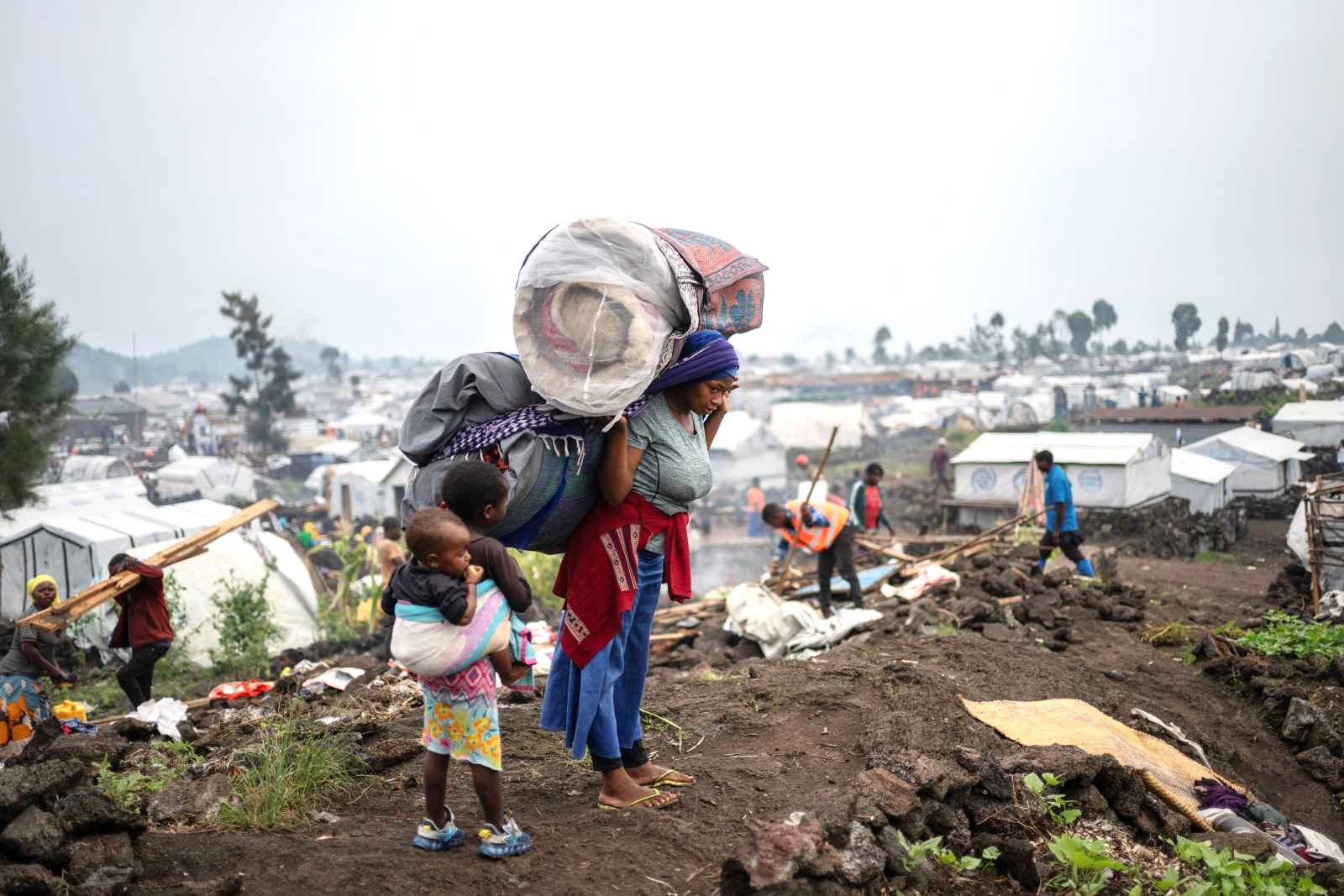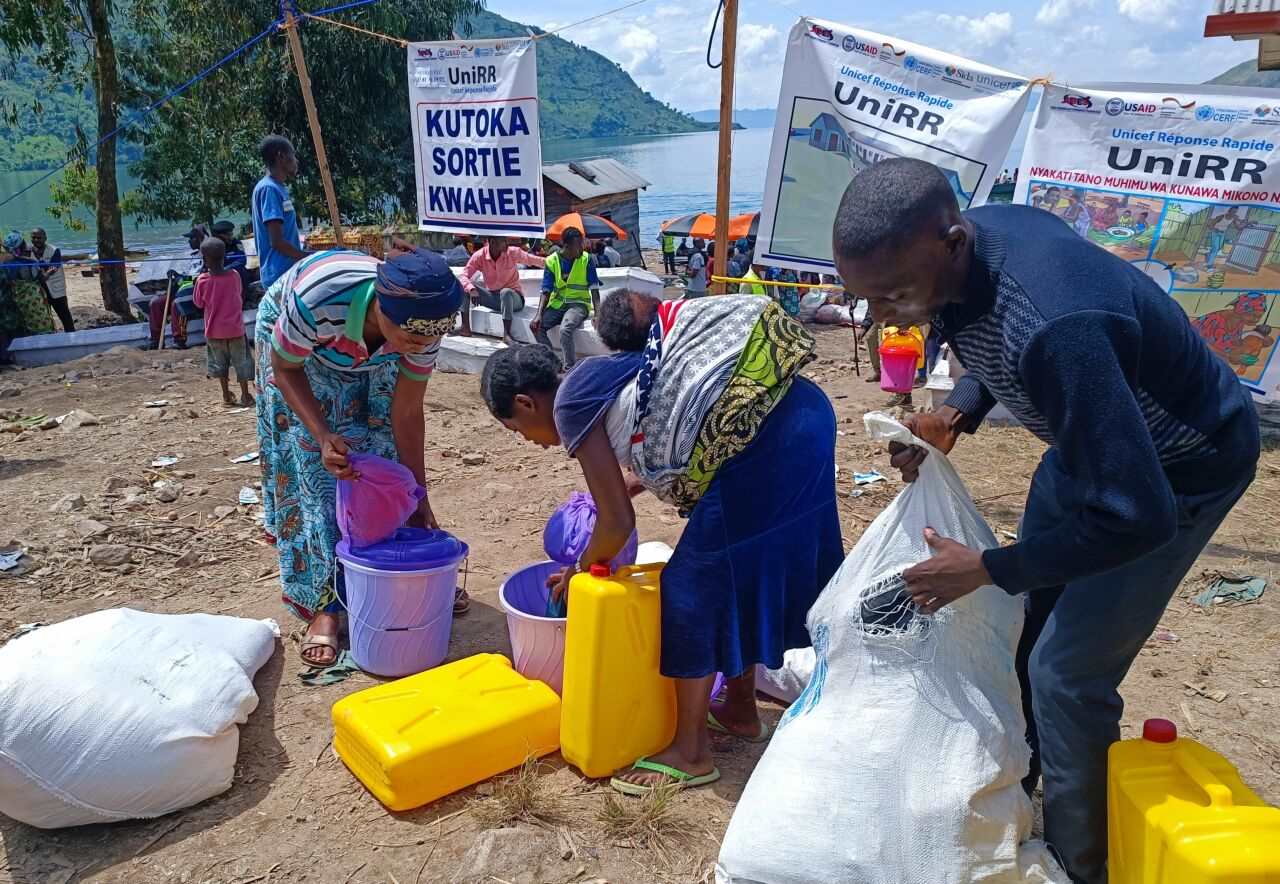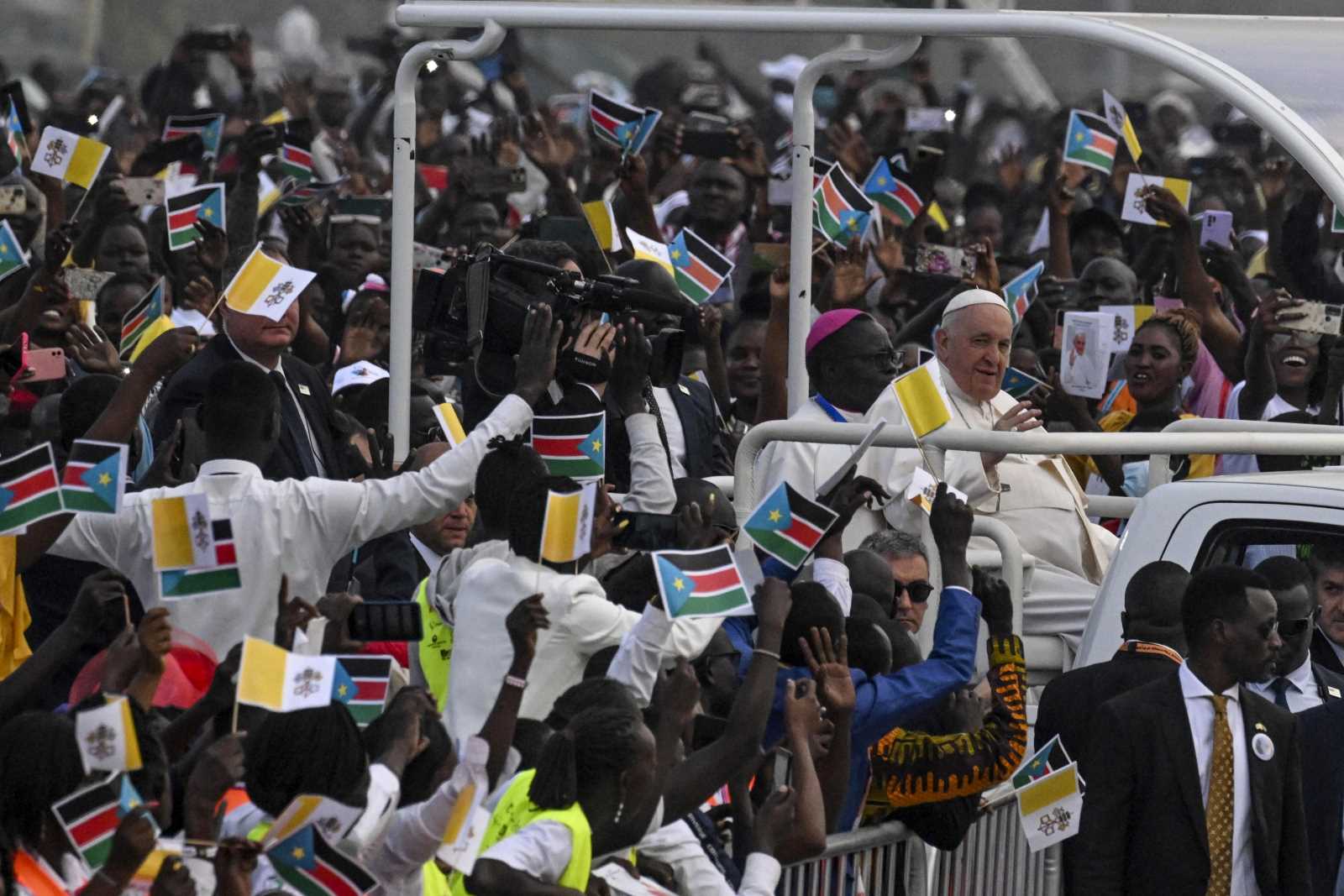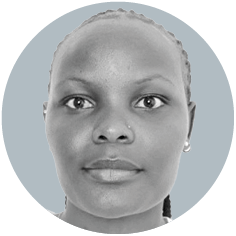Conflict
A region in constant crossfire
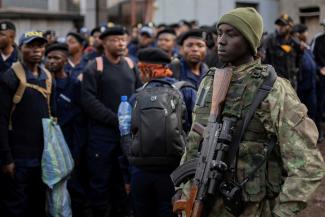
The so-called Uvira offensive, which saw the Rwanda-backed M23 rebel group attack the region, began in February. A number of villages and towns were captured, with Médecins Sans Frontières reporting that more than a quarter of a million people had been displaced to Uvira by late May. In 2024, the city and its metropolitan area had a population of around 725,000.
Burundian Tutsi militants – allies of the M23 – are also active in and around Uviru, with the Congolese rebel group Wazalendo and the official armed forces of Burundi (FDNB) and the DRC (FARDC) on the opposing side. At times the Wazalendo have also attacked Congolese soldiers that the group accused of abandoning the cities of Bukavu and Goma to the enemy.
What all this means for the population is that the local equilibrium has been destroyed and the region is gripped by fear. Many people have also fled to Burundi or inland up the Ruzizi River. Armed groups have taken control of various towns and villages and are helping themselves to the crops left behind on the fields. Virtually no humanitarian aid is reaching remote villages. The population, which for years has been suffering from constant conflicts, hunger and an ailing government, is now living in a state of general psychosis without any tangible sense of hope.
Threats to the environment and communities
People often forget that the endless fighting not only makes it all but impossible for social and economic life to resume – nature is unable to recover either. In the forested area of Kyamate, our civil-society organisation Initiative des Jacobins Éleveurs pour le Développement (IJED) has been working with local communities since 2020 to secure nearly 300 hectares of reforested land. The trees had grown in some cases to a height of six metres and the fauna was beginning to regenerate.
Today, however, these achievements are threatened by the intrusion of armed groups from Burundi such as the government-affiliated militia group “Imbonerakure”. For four years now, actors such as these have been advancing into the Uvira region from neighbouring Burundi across the Ruzizi Plain. Their presence poses a risk both to the environment and to local communities. Many people are now taking more of the resources they need from the forests, which is jeopardising the ecosystems there: bush fires are spreading uncontrollably, and trees are increasingly being cut down to sell as charcoal.
Between diplomatic hope and reality
The signing of the peace treaty between the DRC and Rwanda in Washington on 27 June 2025 sparked widespread optimism. The situation on the ground remains fraught, however: both sides have recently stepped up their military activities. The ink had hardly dried on the deal when the M23 began pushing towards Uvira city again. Meanwhile, Qatar-mediated talks between the Congolese government and the M23 are continuing in Doha.
President Félix Tshisekedi’s government is being harshly criticised for its inability to resolve the ongoing crises in the east of the country. This is prompting local leaders to reposition themselves, sometimes more for their own political gain than from any genuine desire to improve the situation.
Call to action for Uvira
In view of the ongoing crisis, the Congolese authorities as well as donors, humanitarian groups and international institutions should act without delay to:
- strengthen the protection of the civilian population and restore the state’s authority in the occupied territories,
- ensure safe and permanent humanitarian access to the areas affected by violence,
- promote local sustainability initiatives and acknowledge their crucial role in making communities more resilient,
- take steps to ensure that the peace treaty is effectively implemented, while at the same time promoting an inclusive solution for the ongoing conflicts.
The people in Uvira must no longer be ignored as if they were simply displaced person statistics or the invisible victims of an endless conflict. Now, more than ever before, they deserve security, dignity and hope. Acting now means rejecting indifference and reaffirming our commitment to humanitarian principles and fundamental rights.
Jean Masemo is the director general of the research-oriented civil-society organisation IJED which is active in South and North Kivu, the eastern provinces of the DRC. IJED stands for Initiative des Jacobins Éleveurs pour le Développement – Jacobine Breeders’ Initiative for Development.
ijedasbl@yahoo.fr
https://www.ijed-rdc.org/
